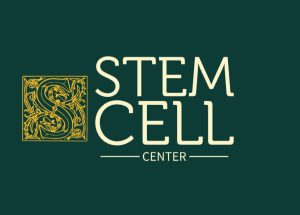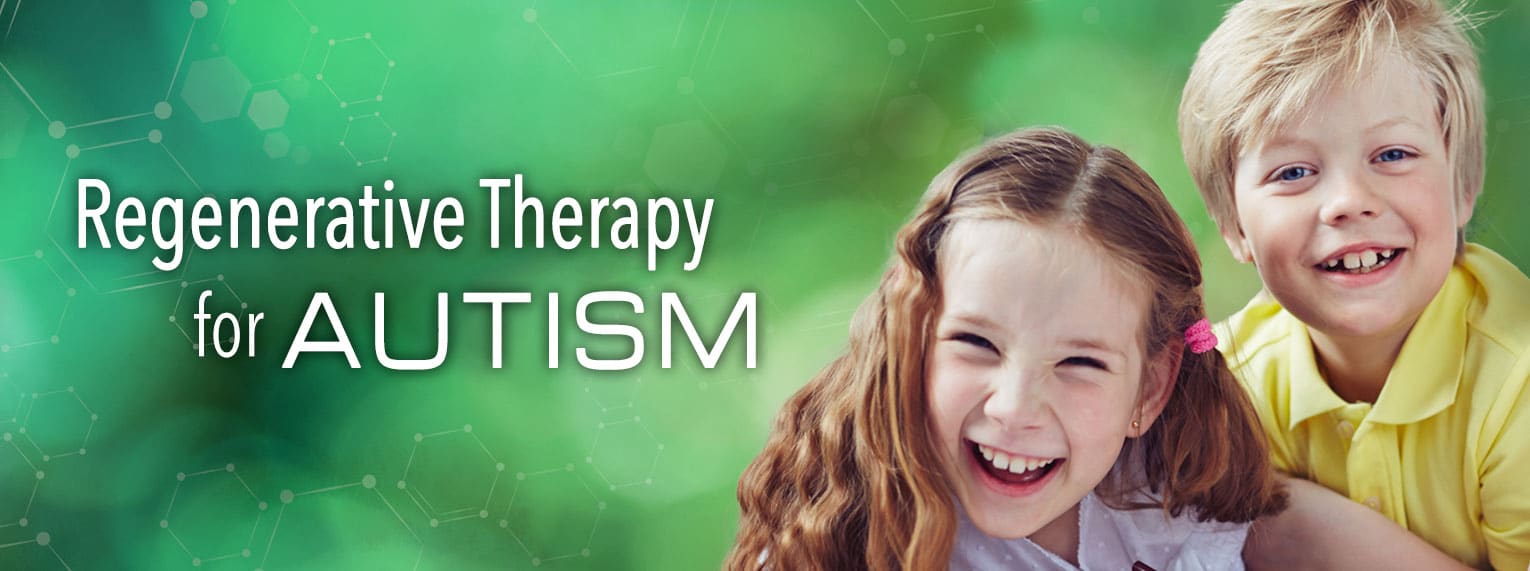 Stem Cell Therapy for Autism: A New Frontier in Treatment
Stem Cell Therapy for Autism: A New Frontier in Treatment
Autism Spectrum Disorder (ASD) affects millions of children worldwide, presenting unique challenges for families and caregivers. Traditional therapies aim to improve behavior, communication, and learning, but there is no cure for autism. However, recent advancements in regenerative medicine, specifically stem cell therapy, are offering new hope for enhancing the quality of life for children with ASD.
Understanding Autism and Its Challenges
ASD is a complex neurodevelopmental condition characterized by difficulties in social interaction, communication, and repetitive behaviors. While the exact cause of autism remains unclear, research indicates that inflammation, immune dysregulation, and impaired neural connectivity play significant roles.
Traditional treatments, such as behavioral therapy, speech therapy, and medication, focus on managing symptoms rather than addressing underlying biological factors. This is where stem cell therapy emerges as a promising option.
What is Stem Cell Therapy?
Stem cell therapy involves the use of stem cells to repair or replace damaged tissues in the body. Mesenchymal stem cells (MSCs), derived from sources like bone marrow or umbilical cords, are particularly valuable for autism treatment due to their:
- Anti-inflammatory properties: Reducing neuroinflammation linked to autism.
- Immunomodulatory effects: Regulating overactive immune responses often seen in children with ASD.
- Neuroprotective benefits: Promoting the repair and regeneration of neural connections.
How Stem Cell Therapy Helps Children with Autism
Stem cell therapy addresses several biological mechanisms associated with autism, potentially leading to improvements in:
- Communication Skills: By enhancing neural connectivity and reducing inflammation in the brain, many children experience improved speech and language abilities.
- Social Interaction: Families often report that their children become more socially engaged and responsive after treatment.
- Focus and Attention: Reduced inflammation and better brain function contribute to increased concentration and reduced hyperactivity.
- Repetitive Behaviors: Many children show a decrease in stereotypical behaviors post-therapy.
- Immune System Regulation: Stem cells help balance immune responses, reducing autoimmune-related issues often associated with ASD.
Benefits of Stem Cell Therapy for Autism
- Non-Invasive Procedure: Stem cell therapy is minimally invasive, typically involving simple infusions.
- Natural Healing: MSCs harness the body’s natural ability to repair itself without introducing foreign substances.
- Holistic Improvement: Unlike traditional therapies, stem cell treatment targets underlying biological causes rather than just symptoms.
Scientific Support for Stem Cell Therapy in Autism
Emerging studies and clinical trials indicate positive outcomes for children with autism undergoing stem cell therapy. Research shows that children treated with MSCs often exhibit:
- Better eye contact and social behaviors.
- Enhanced verbal and non-verbal communication.
- Fewer repetitive actions.
While more large-scale studies are needed, the current evidence is encouraging and continues to inspire further exploration.
Is Stem Cell Therapy Right for Your Child?
Every child with autism is unique, and treatment plans should be tailored to individual needs. A consultation with a qualified regenerative medicine specialist can help determine if stem cell therapy is a suitable option for your child.
Why Choose Stem Cells Center?
At Stem Cells Center, we are dedicated to providing cutting-edge stem cell treatments in a safe and supportive environment. Our experienced medical team specializes in:
- Personalized care plans tailored to your child’s specific needs.
- Utilizing ethically sourced mesenchymal stem cells from umbilical cords.
- Offering world-class facilities and a compassionate approach to care.
Take the First Step Toward Hope
Stem cell therapy represents a revolutionary approach to autism treatment, offering families new possibilities for improving their children’s lives. If you’re interested in learning more, we’re here to help.
Contact us today for a consultation.

 Stem Cell Therapy for Autism: A New Frontier in Treatment
Stem Cell Therapy for Autism: A New Frontier in Treatment